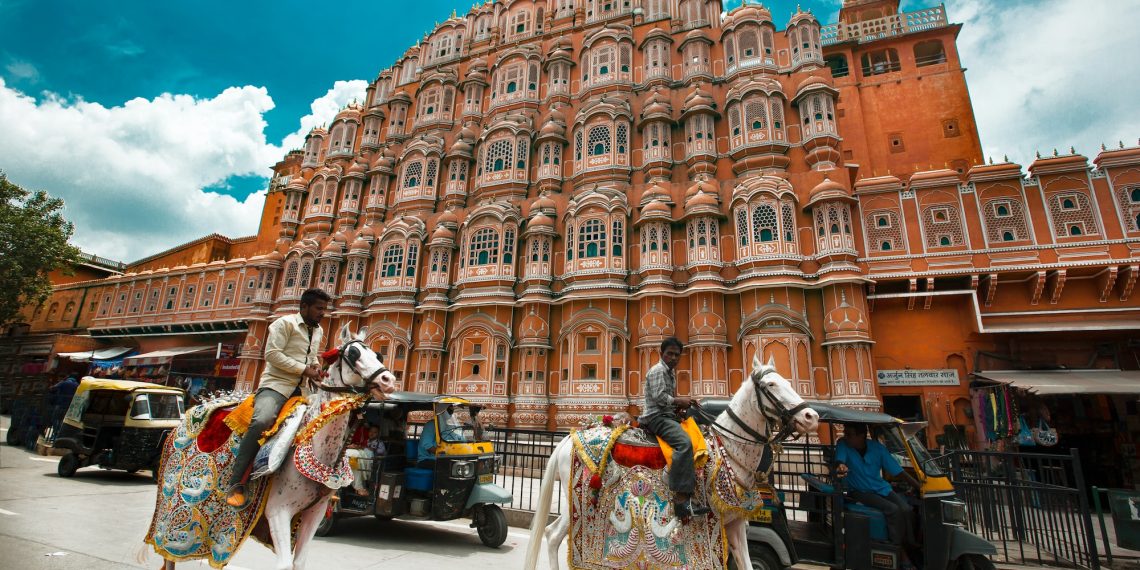The RBI’s most recent report (1) on financial stability highlighted the drawbacks of cryptocurrencies and reminded everyone that India wants the world to take action on crypto regulation.
Why is coordination needed?
The Reserve Bank of India (RBI) (2) once more voiced worries about the developing cryptocurrency ecosystem and hinted that some aspects might be prohibited. The central bank stated in its most recent report on financial stability, which was issued on December 29 that it would utilize its rotating chairmanship of the G20 group of the world’s top countries to create an international regulatory framework for crypto assets. Despite “severe global headwinds,” the study was generally optimistic about the country’s present situation, noting that “the Indian economy and local financial system remain resilient.” However, when it detailed a well-known laundry list of problems that hit the cryptoverse in 2022, the tone in which it discussed cryptocurrencies radically shifted.
As the meetings of the first month of #G20India conclude, here’s a summary of the priorities of Finance Track: @FinMinIndia @RBI pic.twitter.com/a9IyY41tW6
— G20 India (@g20org) December 22, 2022
It mentioned difficulties with governance, strong correlation with stocks, inadequacy as an inflation hedge, and volatility of cryptocurrencies. It added that Leverage is a recurring element in the cryptocurrency ecosystem, speeding up failures and causing massive, abrupt losses. Regardless, the ecosystem’s growing costs fuel crypto’s appeal, particularly among the “younger sector of the population. The report’s conclusion stated that It is vital to get a consensus on how to treat crypto assets to address any future financial stability threats and to safeguard consumers and investors.
What did the report find?
The paper identified three alternatives for regulating cryptocurrencies. “The same-risk, same-regulatory-outcome concept” was the first. Second, it raised the potential of outlawing cryptocurrency assets “given their near-negligible real-life use cases.” Due to “differing legal systems and individual liberties vis-à-vis state authorities” worldwide, this choice would be challenging. Thirdly, mainstream finance decided against it because it was deemed too hazardous to “let it crash” without any regulatory action. The report made notice of the following:
The development of a framework for global regulation, including the potential for the prohibition of unbacked crypto assets, stablecoins, and DeFi, is one of India’s top goals during the G20 presidency. Since the commencement of its G20 chairmanship, India has prioritized crypto regulation. There are 115 million users in India, despite the government’s widespread opposition to cryptocurrencies. Its RBI is more optimistic about digital currency from central banks as India has one of the largest Web 3 workforces in the world.


















